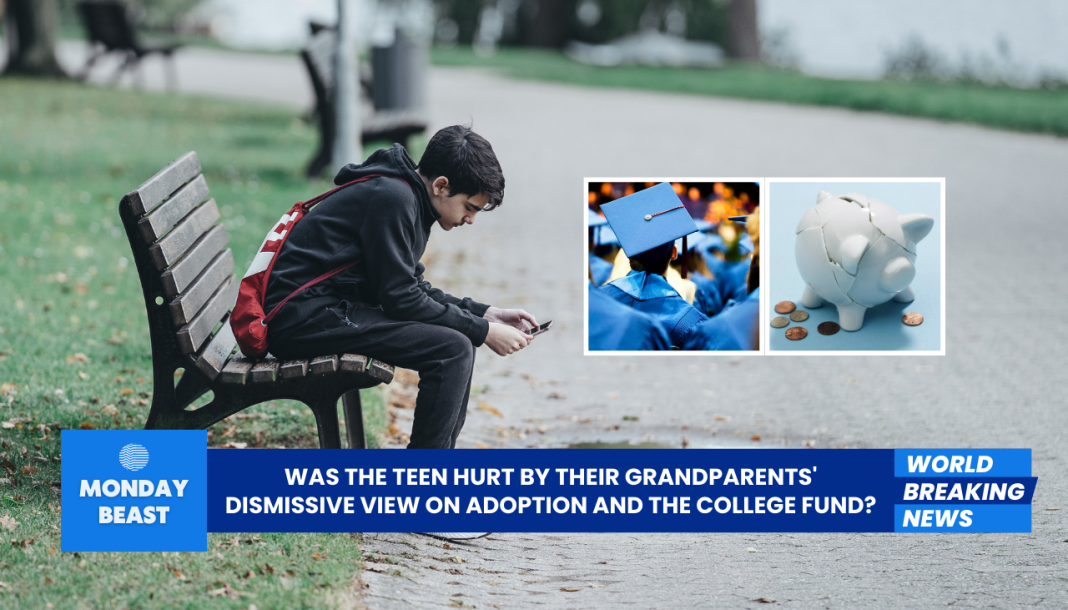In a shocking incident in Florida, a housekeeper’s actions on Christmas Eve have left many reeling. Heather Nelson, a 29-year-old woman, has been charged with multiple crimes after allegedly assaulting her 83-year-old employer. Was it desperation that drove her to this point? After all, many of us can relate to the stress of financial troubles during the holiday season.

According to authorities, the trouble began when Nelson requested a $500 Christmas bonus for her cleaning work. In a twist that many could hardly believe, her elderly employer, unable to meet that demand, simply said she could not afford it. Rather than accepting this answer gracefully, the situation escalated quickly, culminating in an alleged physical assault.
Reports from the Brevard County Sheriff’s Office detail how after the victim denied her request, Nelson responded violently. She reportedly grabbed the elderly woman’s checkbook. This wasn’t just a minor altercation; it escalated to a point where the woman’s wrist was nearly broken. How could one person’s anger manifest in such a harmful way?

What happened next is equally concerning. Nelson allegedly stole a check from the victim’s checkbook and penned herself a hefty $1,400 check. She also took the woman’s credit card, using it to pay her rent. The impact of these actions reverberates far beyond just financial loss. It raises questions about trust, especially between caregivers and those they serve.
Public information officer Tod Goodyear spoke to the complexity of the situation. He mentioned that Nelson may have been in financial trouble, seeing her actions as a “possible way out.” But herein lies the paradox—does desperation ever justify taking advantage of the vulnerable, particularly seniors?

Goodyear further noted that seniors are often preyed upon due to their trusting nature. They grew up in a time when trust was common and fraud was less widespread. Have we reached a point where society has failed to protect our elders from such exploitation? This incident serves as a painful reminder of that failure, even while underscoring the need for vigilance.
It’s crucial to examine the emotional and psychological factors driving these actions. How does one reach a breaking point where ethics give way to impulsive decisions? It’s unsettling to contemplate, particularly during a season when kindness should prevail.
What does the aftermath look like for the 83-year-old victim? It often goes beyond just financial repercussions; it can include emotional trauma. A trusted figure has betrayed a bond that should have been built on care and respect. Those left in such vulnerable positions might now live in fear, questioning the integrity of others who come into their lives.
Nelson has been charged with robbery, forgery, and aggravated battery, among others. It’s now a legal battle for her, but what about the repercussions for the victim and her family? They are likely left to navigate the angst that comes with betrayal.
This incident illustrates a broader societal issue. Many are facing financial struggles, and some might resort to desperate measures. But is this the lesson we want to take away? How many stories like this go unheard, overshadowed by the holiday cheer, even as trust hangs in the balance? In what ways can we ensure that the elderly feel safe and valued, instead of vulnerable and exploited? As we reflect on these questions, we must advocate for the protection of seniors and foster a greater sense of community wherever possible.




